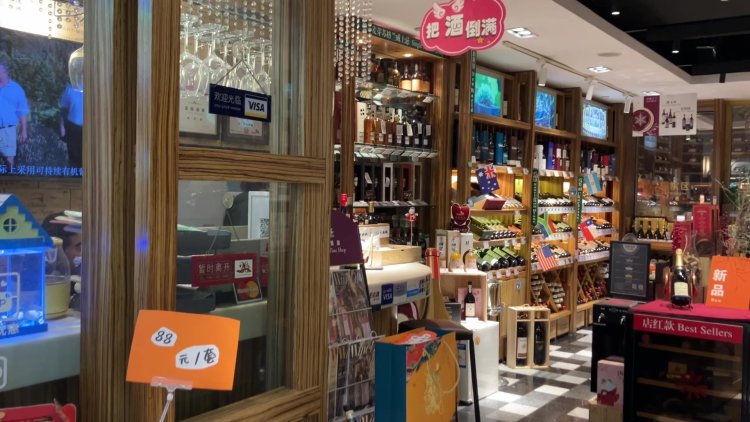China Lifts Tariffs on Australian Wine

China said it would lift punitive tariffs on Australian wine, reopening a billion-dollar market as ties improve between the two countries after years of tension.
Canberra swiftly responded by dropping its case against Beijing at the World Trade Organization, welcoming an end to sanctions that had plunged many Australian winemakers into crisis.
Duties were imposed on key Australian exports such as wine, barley and beef in 2020 after Canberra legislated against overseas influence, barred Chinese telecom giant Huawei from 5G contracts and called for a probe into the origins of the Covid-19 pandemic.
China was the largest destination for Australian bottled wine before the sanctions were imposed, accounting for 33 percent of export revenue in 2020, data from the Australian government shows.
But trade restrictions have tapered since Australia's center-left government was elected in 2022 and adopted a less confrontational approach.
Beijing's commerce ministry said the lifting of what it called "anti-dumping duties and anti-subsidy duties" on wines from Australia was due to "changes in the market situation of the relevant wines in China".
Tariffs and barriers have already been removed from commodities including Australian coal, timber and barley.
The foreign ministers of both countries also met this month in another sign tensions were easing.
The tariffs added up to 200 percent to the cost of Australian wine shipped to China and effectively halted trade worth $1 billion a year.
Australian winemakers responded by turning to other Asian markets, including Hong Kong and Thailand.
Beijing said following the move it was "willing to continue to strengthen dialogue and cooperation with Australia".
But, while bilateral trade has made some recovery, the two countries remain at odds in strategic areas.















